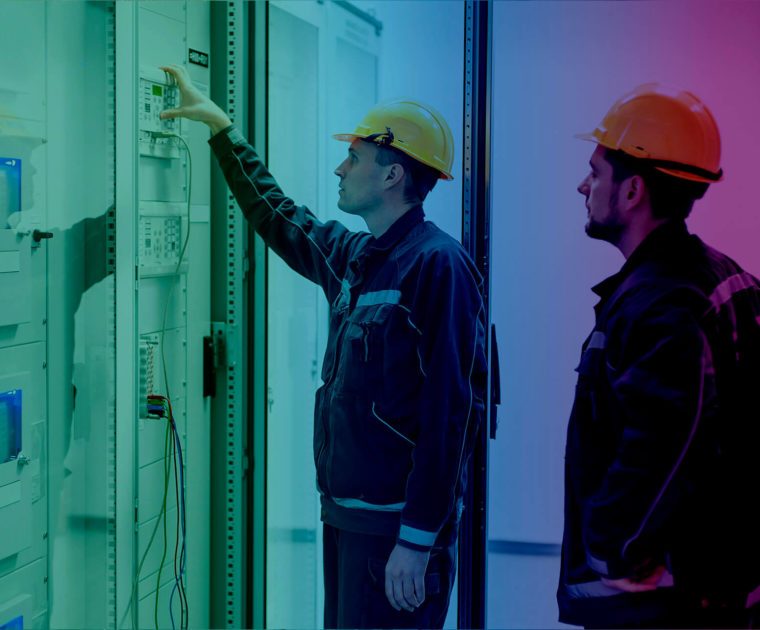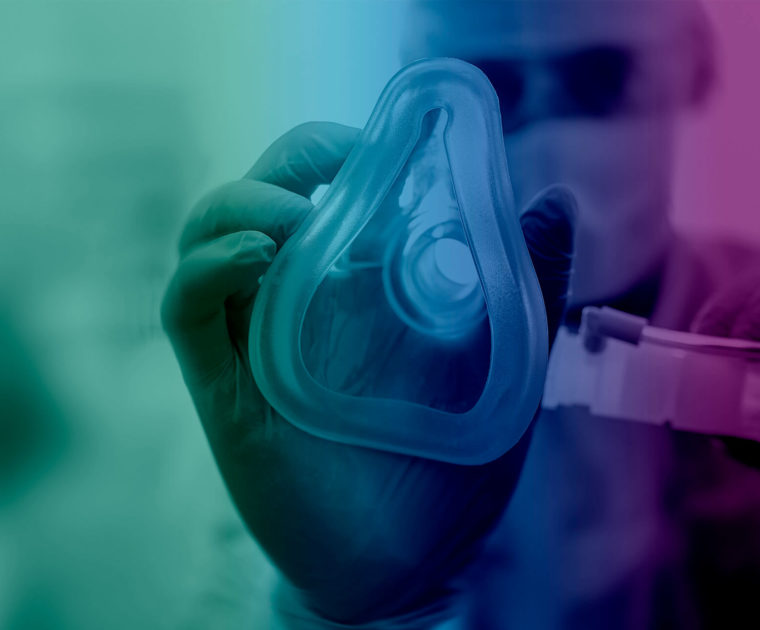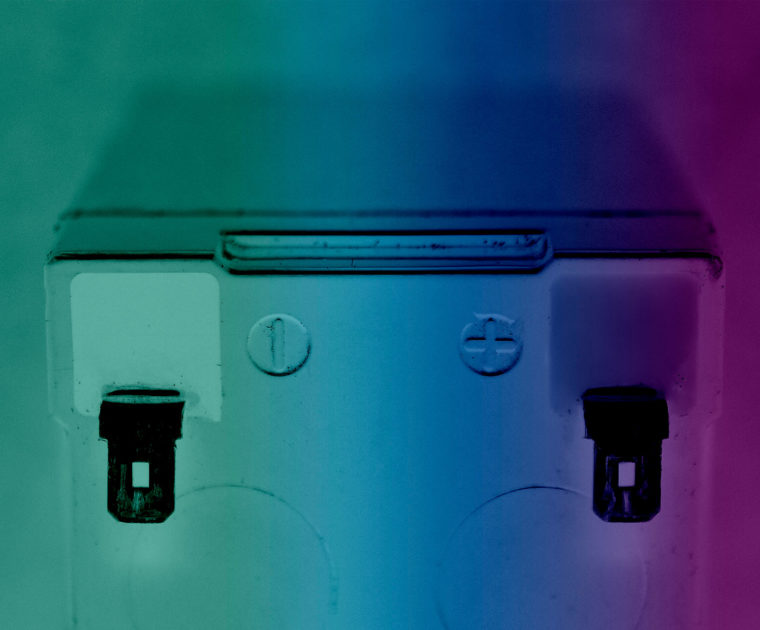Today we want to address the real problem of electrical faults in hospitals, understanding what they really are, how they occur, what problems they cause, their consequences and how to avoid them.
When we talk about power failures in hospitals, we are referring to any unexpected interruption of the power supply or malfunction of electrical equipment.
In a hospital environment, power failures can have serious consequences, as they can directly affect the lives of patients and the work of healthcare professionals. For this reason, it is essential to understand the causes, the problems caused by electrical faults, to see practical cases in order to become aware of them and to establish measures to prevent them.











